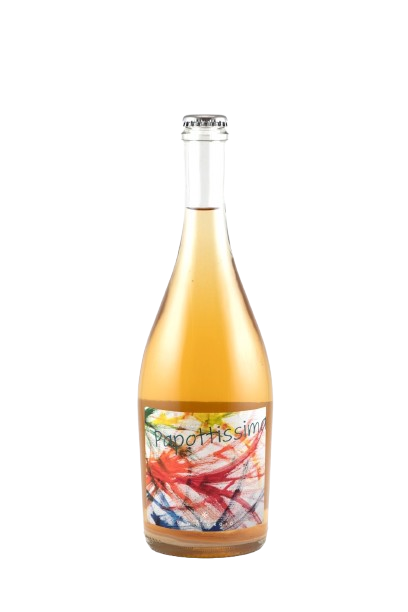Grape Variety
Zibibbo 100%
Production
1,000 bottles
The Vineyard
Soil
The volcanic soil, generally loose, is poor in organic substances but rich in micro-elements.
Characteristics
Production Process
Cultivation
In the cultivation process, biodynamic agriculture methodologies are used, although these are not officially certified. Our approach, essentially natural and sustainable, is characterized by the absence of chemical fertilizers and synthetic products. No treatment is carried out to allow the vineyard to develop in harmony with the surrounding environment.
Vinification
The processing of Papotta begins in the early days of October when the second crop grapes, having reached maturity, are ready to be harvested. After being selected and cut, the bunches are transported to the cellar, then destemmed and crushed. The first phase of fermentation starts spontaneously by indigenous yeasts. Maceration lasts for about 5 days, during which the skins gradually release their pigments and the characteristic aromas of Zibibbo to the wine. Papotta is then transferred to the bottle where the work of the yeasts continues, allowing the bubbles to form naturally.
Aging
No corrections or additives are made during the entire process, thus maintaining the product's authenticity and naturalness. No phase of the processing of Papotta foresees the addition of sulfur dioxide.
Recommended Pairings
Papotta, with its freshness and fruity notes, pairs well with seafood, salads, delicate appetizers, and fish dishes.
Serving Temperature
10 C°
